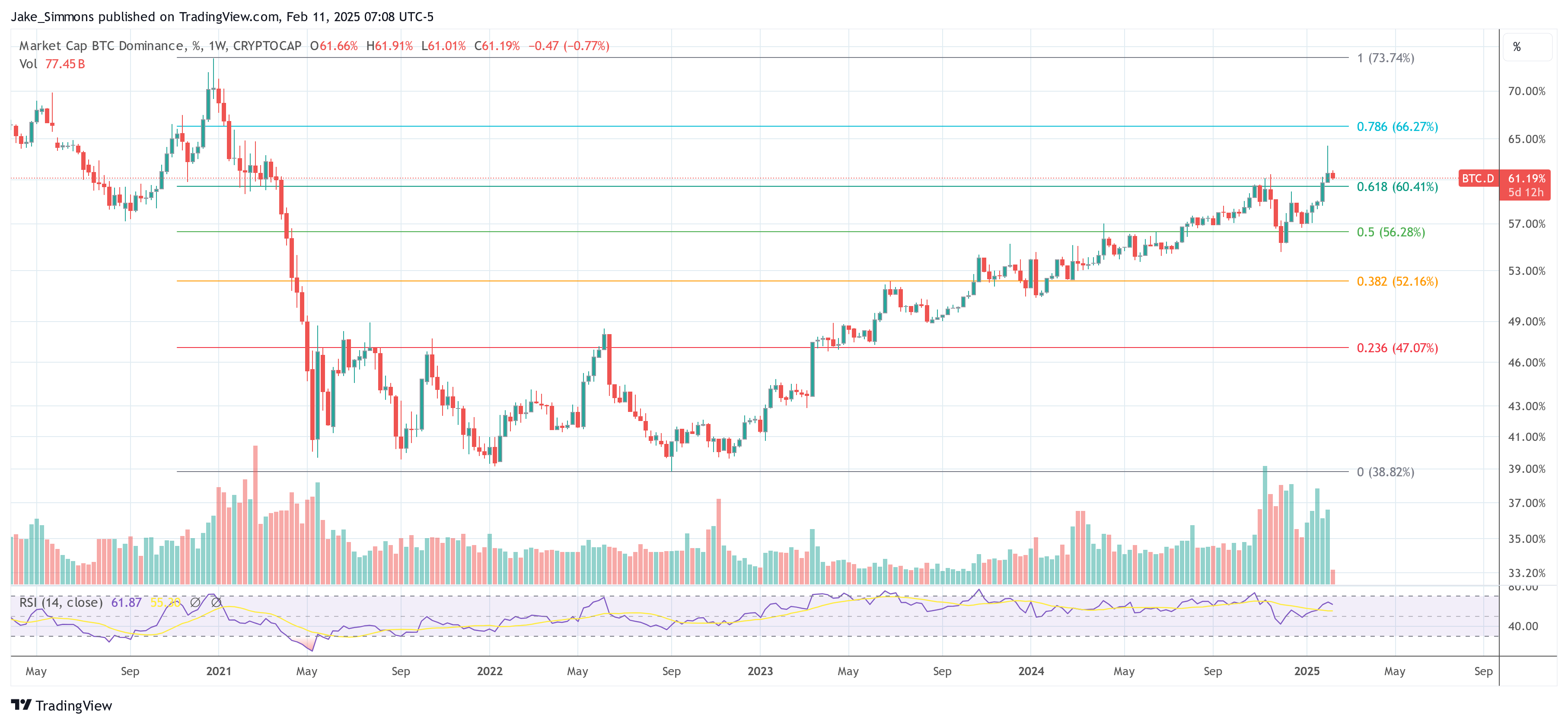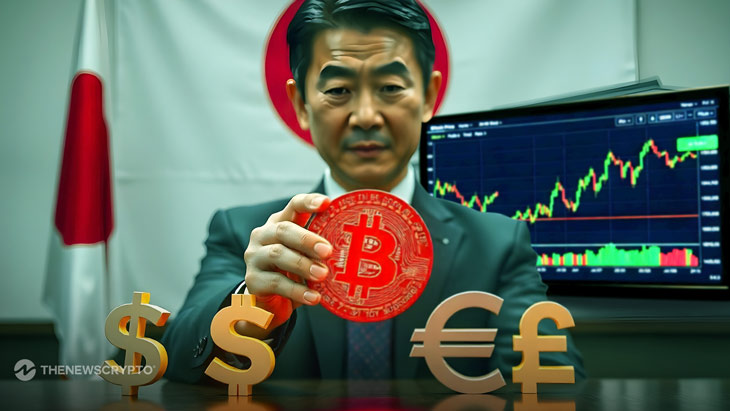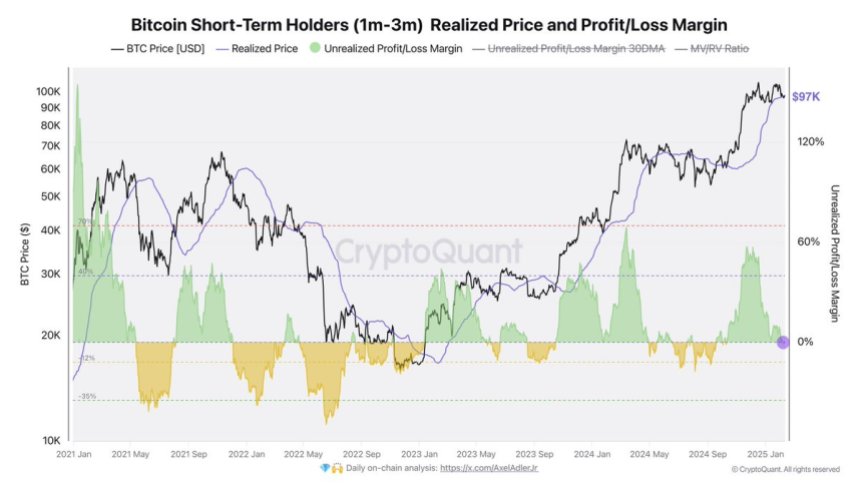The sun could be set to shine brighter in Japan’s financial horizon, as regulators take another look at how Bitcoin will play a role in the country’s financial landscape.
Authorities are now considering lifting a long-standing ban on Bitcoin and crypto exchange-traded funds (ETFs). This might signal a new era in the government’s outlook on digital currencies.
If given the green light, this action would open doors for both institutional and retail investors by aligning Japan with other big financial hubs embracing crypto-based investment products.
Japan’s top financial regulator, the Financial Services Agency (FSA), is apparently considering approving Bitcoin and cryptocurrency exchange-traded funds (ETFs). This will change the investing environment of the country greatly.
For years, the ban on these funds has limited the ways in which investors might have access to digital assets via regulated financial instruments.
Japan appears to be closely monitoring the United States’ recent approval of numerous Bitcoin spot ETFs. The introduction of crypto ETFs, according to analysts, would offer investors a more structured and secure method of participating in the digital asset market, without the risks associated with direct ownership.

Apart from the acceptance of ETFs, Japan is looking at major tax changes that would boost the attractiveness of bitcoin investments. Currently, profits from cryptocurrencies are liable to taxes at rates ranging from up to 55%, which has discouraged investors.
Still, authorities are thinking about lowering the rate to 20% to match the taxation of stocks and other traditional financial assets.
This change most likely would be a motivation for other traders and institutions to enter the market. If implemented, the new tax policy has the potential to establish Japan as one of the most crypto-friendly economies in Asia, thereby attracting substantial capital inflows.
Reclassifying Cryptocurrencies As Financial Products
Along with a bigger plan to make regulations clearer, the FSA is also considering whether cryptocurrencies should be considered regular financial assets, like stocks or bonds. If this goes into action, crypto assets will have to follow stricter rules for reporting and disclosing information. This will make the industry more open and protect investors.
This change in the law may calm big investors’ fears of price manipulation, fraud, and a lack of oversight, which have been holding them back in the past. Japan’s move to recognize digital assets as a safe form of investment could be a model for other countries to follow.
Featured image from Gemini Imagen, chart from TradingView
Authorities are now considering lifting a long-standing ban on Bitcoin and crypto exchange-traded funds (ETFs). This might signal a new era in the government’s outlook on digital currencies.
If given the green light, this action would open doors for both institutional and retail investors by aligning Japan with other big financial hubs embracing crypto-based investment products.
Crypto ETFs May Soon Become A Reality In Japan
Japan’s top financial regulator, the Financial Services Agency (FSA), is apparently considering approving Bitcoin and cryptocurrency exchange-traded funds (ETFs). This will change the investing environment of the country greatly.
For years, the ban on these funds has limited the ways in which investors might have access to digital assets via regulated financial instruments.
Japan appears to be closely monitoring the United States’ recent approval of numerous Bitcoin spot ETFs. The introduction of crypto ETFs, according to analysts, would offer investors a more structured and secure method of participating in the digital asset market, without the risks associated with direct ownership.
Japan Advocates For Tax Reforms That Favor Crypto
Apart from the acceptance of ETFs, Japan is looking at major tax changes that would boost the attractiveness of bitcoin investments. Currently, profits from cryptocurrencies are liable to taxes at rates ranging from up to 55%, which has discouraged investors.
Still, authorities are thinking about lowering the rate to 20% to match the taxation of stocks and other traditional financial assets.
This change most likely would be a motivation for other traders and institutions to enter the market. If implemented, the new tax policy has the potential to establish Japan as one of the most crypto-friendly economies in Asia, thereby attracting substantial capital inflows.
Reclassifying Cryptocurrencies As Financial Products
Along with a bigger plan to make regulations clearer, the FSA is also considering whether cryptocurrencies should be considered regular financial assets, like stocks or bonds. If this goes into action, crypto assets will have to follow stricter rules for reporting and disclosing information. This will make the industry more open and protect investors.
This change in the law may calm big investors’ fears of price manipulation, fraud, and a lack of oversight, which have been holding them back in the past. Japan’s move to recognize digital assets as a safe form of investment could be a model for other countries to follow.
Featured image from Gemini Imagen, chart from TradingView







